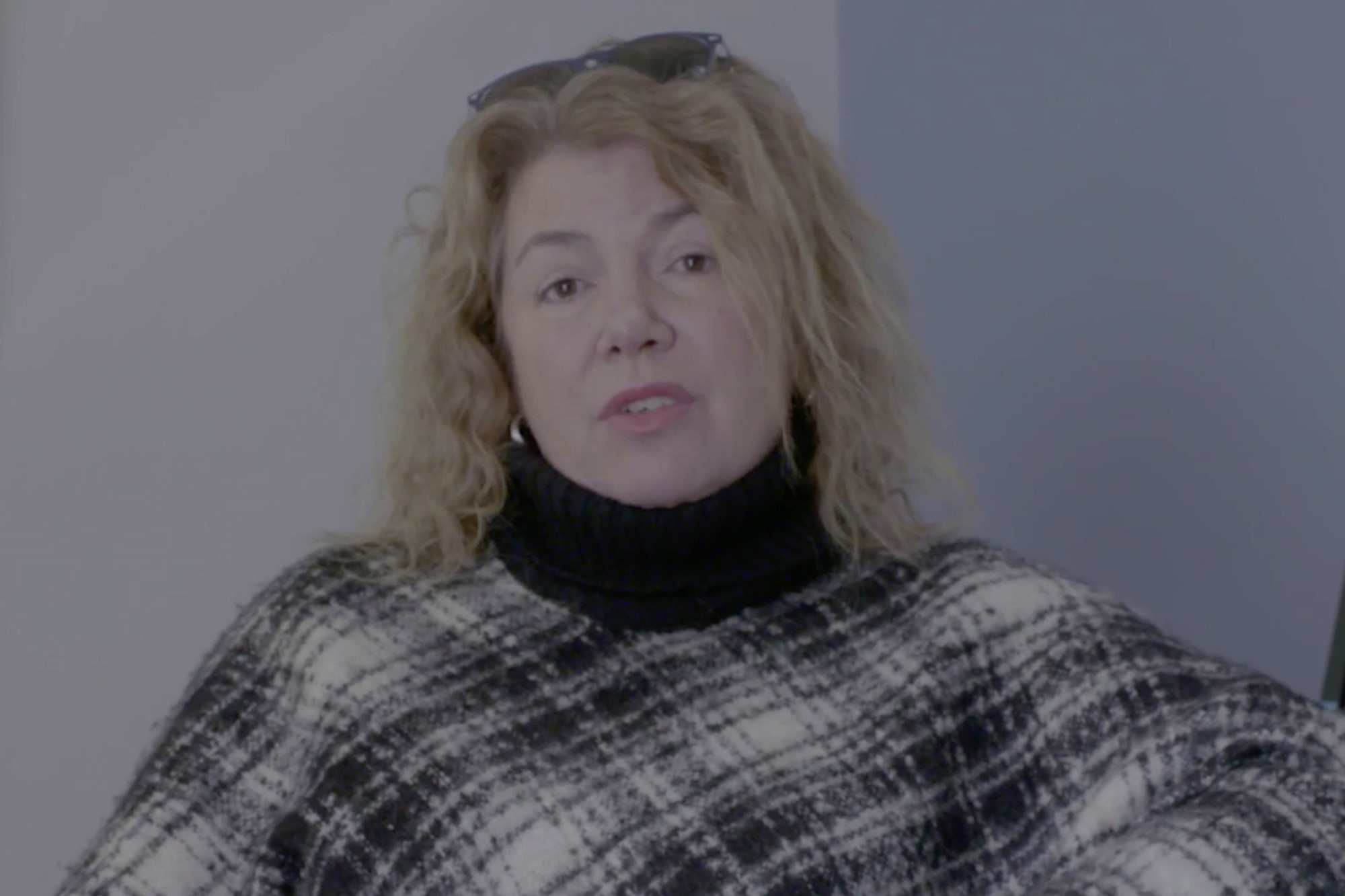More On: addiction
What is the ‘self’? The 3 layers of your identity.
Here’s how you know when someone’s lying to your face
Discovery of two giant radio galaxies hints at more to come
Why it's important to admit when you're wrong
The secret life of maladaptive daydreaming
At Northshore Recovery High School, students are greeted with hugs and “I love yous” from their principal. They text their teachers, telling them that they spent the night before smoking weed or popping pills. They have a bathroom specifically for taking drug tests. It’s all done to keep them alive. The Beverly, Mass., school for …
At Northshore Recovery High School, students are greeted with hugs and “I love yous” from their principal. They text their teachers, telling them that they spent the night before smoking weed or popping pills. They have a bathroom specifically for taking drug tests.
It’s all done to keep them alive.
The Beverly, Mass., school for adolescents battling drug addiction is at the center of a four-part MTV limited documentary series, “16 and Recovering,” which premieres Tuesday, Sept. 1 at 9 p.m. and follows students throughout the 2017-18 school year, who are identified by their first names only.
“We are losing a generation” to addiction, principal Michelle Lipinski, who helped found the school in 2006, told The Post.
Working as a teacher in a nearby district, Lipinski, now 54, struggled to properly care for her students facing opioid addiction within the confines of traditional schooling. “When adolescents come in addicted, you can see it. You can see it in their grades, their attendance, their appearance,” she said.
The school handles anywhere from 35 to 75 students a year, with classes starting smaller in September and growing as the year goes on and kids transfer in. There’s a constant turnaround: Teens who need to attend inpatient detox rehab programs will leave and return. At Northshore, students are surrounded by caseworkers, counselors and support from peers going through the same thing to facilitate sobriety.

The docuseries, which highlights the arcs of two or three struggling students in each episode, shows how easy it is for teens to slip into addiction. Like with adults, it’s a mix of nature and nurture that gets kids hooked. Many suffer from anxiety and depression and are looking to numb the pain. “It always starts with alcohol and weed,” introduced to them by peers, said Lipinksi, though they generally graduate to heroin and pills like Valium or Xanax that are often laced with fentanyl, which was linked to nearly 15,000 deaths in 2018, says the CDC.
“We anticipate the trauma, we know there’s a story that happens before they come to my school,” sad Lipinski, who went through “hundreds” of hours of trauma training alongside her staff before opening the school. “We have to figure out how we can intervene in that story in their heads so they don’t feel so stigmatized, they don’t feel so humiliated.”
Viewers see the gaps in the health care system that keep students from getting the help they need. In a particularly wrenching episode, a student named Shawn relapses and comes to school high.
He outlines the potentially terrifying trajectory he’ll embark on if he can’t stay sober: “If I smoke weed I’ll probably drink, and if I drink I’ll probably do coke, and if I do coke I’m definitely smoking crack, and if I smoke crack I’m probably shooting coke, and if I shoot coke I’ll probably start doing [Xanax], and if I start doing [Xanax] I’m going to start doing opiates, and when I start doing opiates I’m doing opiates and crack.”
Lipinski asks, “And how long will it take to get there?”
“A week,” Shawn responds.
Lipinski urges him to enter treatment, to which he begrudgingly agrees.
Though a bed at an inpatient facility is immediately secured for him by Lipinski, his insurance company requires Shawn to visit the ER before he can check in. At the end of an hourslong ER visit, Shawn refuses to go to rehab, and a court refuses to intervene.
The next morning, Lipinski has the heartbreaking job of telling her students that Shawn died from an overdose that night.
“Every single month I went to a funeral that year,” said Lipinski.
Though not every student makes it out alive, Lipinski and her staff are fighting for all their charges to have their happy endings. Some kids from the series are now in college, like Faith, who made the dean’s list. Students Alba and Abbie are now getting their EMT licenses.
Despite the deeply personal subject matter, students were more than willing to share their stories with the world. “[MTV] did this film in such a kind, hopeful way that it doesn’t feel at all exploitative, and that was my biggest fear from the beginning,” Lipinksi said.
It’s all worth it in order to expose the injustice and tragedy of teen addiction.
“When you see something wrong, you can’t just stuff it back in there,” said Lipinski. “We’ve got to have those conversations.”
“16 and Recovering” airs Tuesdays at 9 p.m. starting Sept. 1. If you or a loved one is struggling with addiction, go to 16andRecovering.com for help and resources.

![After Hunter's laptop, Joe Biden's daughter reportedly keeps a diary detailing alleged abuse: 'Showers w/ my dad, being sexualized with [a family member]' and details of drug and sex addiction](https://media.usagag.com/uploads/144x96/2022/06/26/after-hunters-laptop-joe-bidens-daughter-reportedly-keeps-a-diary-detailing-alleged-abuse-showers-w-my-dad-being-sexualized-with-a-family-member-and-details-of-drug-and-sex-addiction-2022-06-26-10-03-14.png)




















